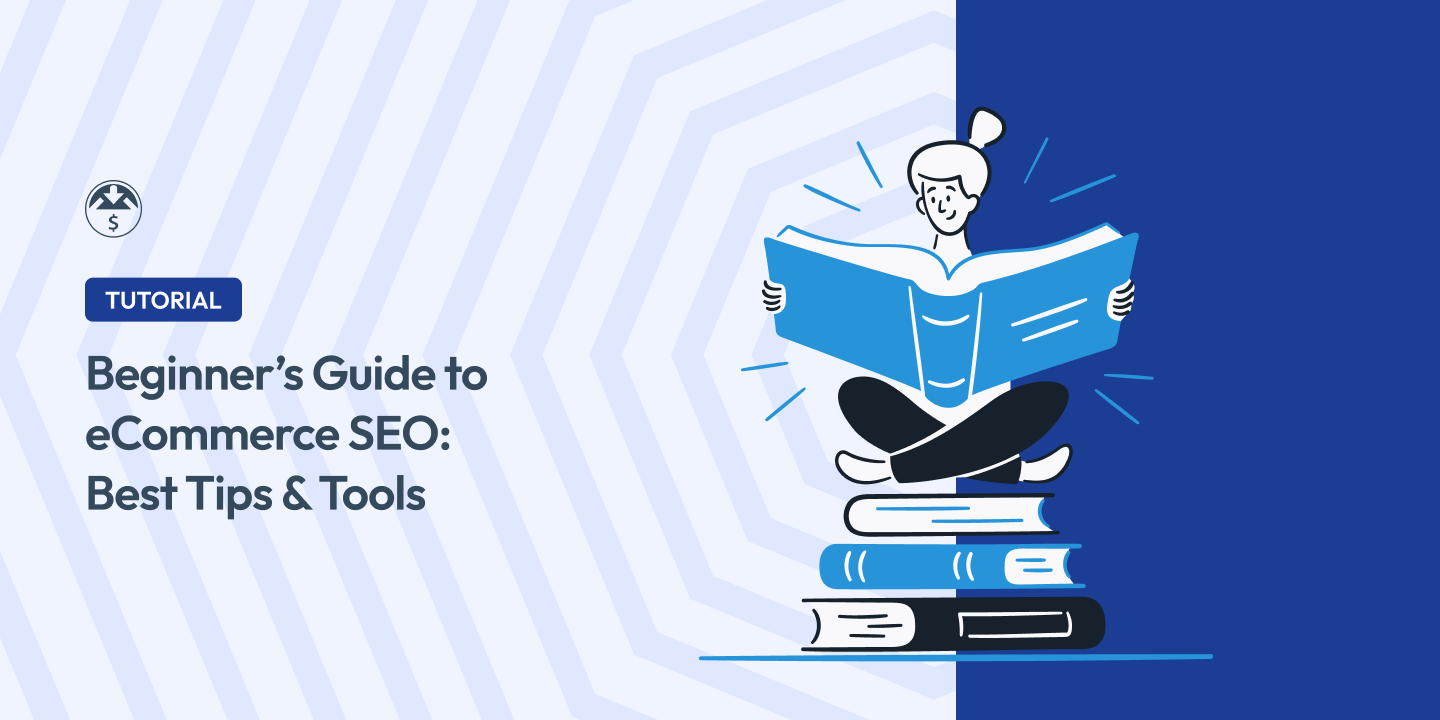In today’s digital age, having a strong online presence is crucial for businesses and individuals alike. Whether you run a small blog, a startup, or a multinational corporation, optimizing your website for search engines is essential to attract organic traffic and grow your online visibility. This is where SEO (Search Engine Optimization) comes into play, and SEO tools are your best friends in this journey.
SEO tools are software or online platforms designed to help website owners, marketers, and SEO professionals improve their websites’ search engine rankings. They offer a wide range of functionalities, from keyword research to website auditing, link analysis, and more. In this beginner’s guide, we will delve into the world of SEO tools, exploring their types, benefits, and some popular options to get you started on your SEO journey.
Seogroupbuy would like to guide you all on how to use SEO Tools for beginners and advanced users

The Importance of SEO Tools
Before we dive into the different types of SEO tools, it’s crucial to understand why they are so important for your online success. Here are some compelling reasons:
1. Keyword Research
Keywords are the foundation of SEO. They are the terms people type into search engines to find relevant content. SEO tools help you discover high-performing keywords related to your niche, making it easier to create content that ranks well in search results.
2. Competitor Analysis
Understanding what your competitors are doing can provide valuable insights into your own SEO strategy. SEO tools allow you to analyze your competitors’ websites, backlinks, and content strategies to identify areas where you can outperform them.
3. On-Page SEO Optimization
Optimizing your website’s individual pages is essential for higher search engine rankings. SEO tools provide recommendations for improving on-page elements such as meta titles, descriptions, headers, and image alt tags.
4. Backlink Analysis
Backlinks (links from other websites to yours) play a crucial role in SEO. SEO tools can help you identify your current backlinks, discover new link-building opportunities, and monitor the quality of your link profile.
5. Website Auditing
Regularly auditing your website is essential to identify and fix issues that may negatively impact your SEO efforts. SEO tools can scan your site for broken links, duplicate content, and other SEO-related issues.
6. Tracking and Reporting
SEO tools offer tracking and reporting features that allow you to monitor your website’s performance over time. You can track keyword rankings, organic traffic, and other key metrics to measure the effectiveness of your SEO efforts.
Types of SEO Tools
Now that we understand the importance of SEO tools let’s explore the various types available:
1. Keyword Research Tools
Keyword research tools like Google Keyword Planner, SEMrush, and Ahrefs help you find relevant keywords for your content. They provide data on search volume, competition, and keyword variations, enabling you to make informed decisions about which keywords to target.
2. On-Page SEO Tools
These tools analyze individual web pages and provide recommendations for optimizing them. Yoast SEO and Moz On-Page Grader are popular examples. They offer suggestions for improving meta tags, content quality, and internal linking.
3. Backlink Analysis Tools
Backlink analysis tools help you assess the quality and quantity of backlinks to your website. Ahrefs, Moz, and Majestic provide comprehensive backlink profiles, allowing you to identify toxic backlinks that could harm your SEO efforts.
4. Technical SEO Tools
Technical SEO tools focus on the technical aspects of your website, such as site speed, mobile-friendliness, and XML sitemaps. Google’s PageSpeed Insights and Screaming Frog SEO Spider are valuable tools for technical optimization.
5. Rank Tracking Tools
Rank tracking tools like SEMrush and SERPWatcher allow you to monitor your website’s keyword rankings over time. You can track your progress and identify which keywords are driving the most organic traffic.
6. Content Optimization Tools
Content optimization tools help you create high-quality, SEO-friendly content. They analyze your content for keyword usage, readability, and engagement. Tools like SurferSEO and Clearscope provide valuable insights for content creators.
Popular SEO Tools for Beginners
Now that you have an overview of the types of SEO tools available, here are some popular options that are beginner-friendly:
1. Google Keyword Planner: This free tool from Google is an excellent starting point for keyword research. It provides keyword ideas, search volume data, and competition levels.
2. Yoast SEO: If you’re using WordPress, the Yoast SEO plugin is a must-have. It helps you optimize your content for SEO by providing real-time suggestions and a readability analysis.
3. Google Analytics: Understanding your website’s performance is essential. Google Analytics offers valuable insights into your website’s traffic, user behavior, and conversion rates.
4. Google Search Console: This free tool from Google helps you monitor your website’s presence in Google’s search results. It provides information on search queries, indexing issues, and more.
5. Moz Link Explorer: Moz offers a free version of its Link Explorer tool, which allows you to check your website’s backlink profile and domain authority.
6. SEMrush: While SEMrush offers a paid subscription, it also provides a limited free version with valuable features like keyword research, competitor analysis, and site auditing.
If you need to use all premium SEO Tools at a cheap price, you can consider joining Group Buy SEO Tools. The place to sell all reputable, best and cheap SEO tools
Getting Started with SEO Tools
Now that you know the importance of SEO tools and have some beginner-friendly options, here are the steps to get started:
- Set Clear Goals: Determine your SEO goals, whether it’s increasing organic traffic, improving keyword rankings, or enhancing your website’s overall performance.
- Choose the Right Tools: Select the SEO tools that align with your goals and budget. Many tools offer free trials or free versions with limited features.
- Learn and Experiment: Take the time to learn how to use your chosen tools effectively. Most SEO tools provide tutorials and documentation to help you get started.
- Optimize Your Content: Use your chosen tools to optimize your website’s content, on-page elements, and technical aspects.
- Monitor and Adjust: Regularly monitor your SEO efforts using the tools’ tracking and reporting features. Adjust your strategy based on the insights you gather.
- Stay Informed: SEO is constantly evolving, so it’s essential to stay updated with the latest trends and algorithm changes in the industry.
In conclusion, SEO tools are indispensable for anyone looking to improve their website’s search engine visibility and drive organic traffic. With the right tools and a commitment to learning and optimizing, you can make significant strides in your SEO journey, whether you’re a beginner or an experienced marketer. So, start exploring the world of SEO tools today and watch your online presence soar.


